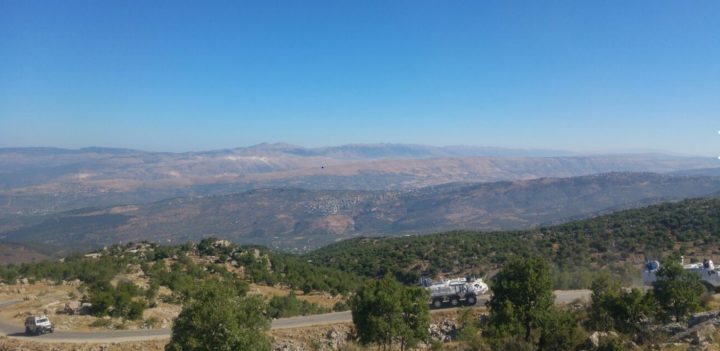Old & new – hierarchical management and complexity

Organizations are an inseparable part of our everyday life, and management as a social phenomenon is integral to the organization’s everyday life. The operation of the organization can be explained with organizational and management theories belonging to different periods, based on which organizations have been tried to be understood. The world has changed since the launch of Taylor’s scientific management in the early 20th century, and Fayol’s administrative functions have come under critical examination in the modern world. However, things always have their history and historical development is part of the present.
In my dissertation, I examine the implementation process of the Finnish Defense Forces’ (FDF) military crisis management operation from a management perspective. The detailed research object is Force Commander Reserve (FCR) -unit, which is part of Unifil-operation. The Finnish Defense Forces are a hierarchical and bureaucratic organization with a long tradition of management. There is nothing wrong with traditional management activities and management style. Rational decision-making and action in the context of management works in achieving the organization’s performance goals and helps to standardize the organization’s operations. In the case of the FDF, the whole of management and control takes place in an everyday management “environment” containing causal relationships, but everyday reality is not only rational choices or decisions.
Military crisis management, cooperation of different organizations from a management point of view, organizational processes and complexity are concepts that create a relatively little-discussed research field so far. Complexity is not synonymous with complicated. As a discipline, complexity thinking is a young and fundamentally incoherent entity, but it can examine reality through fresh concepts. For my research, these fresh concepts of complexity thinking, such as connectedness, interdependence and the co-evolution of organizations, offer the researcher a distinctive perspective for examining management.
FCR-unit has started bilateral crisis management cooperation with France and operates in southern Lebanon since 2017. The initial stages of the Finnish unit are examined through interconnected chains of events, which I describe as a process. Although the FDF conduct their operations according to the staff and line organization, there are also interesting indications of business process management (BPM) in the management. This is where the beautiful idea of a rational organizational reality begins to stagger. Organizational processes related to military crisis management are strongly interconnected, and a small change in the top of organizations might cause major effects at lower organizational levels. Things progress non-linearly from time to time, and the cooperation of actors in the crisis management operation has forced all parties to adapt to each other. At the same time, process must act according to the Defense Forces’ own rules. Complex indeed.
Research on the implementation of a military crisis management operation on this scale is unique so far. From the researcher’s point of view, the research produces a very detailed description of the management event, which is comparable to the general model of process management. It also considers complexity as part of the organization’s reality. The research journey is in progress. It is interesting to continue to find out to what extent the new really meets the old. In other words, it is interesting to find out how flexible and adaptable an organization the FDF is in terms of management.
Joonas Suominen
The author is studying in the doctoral program of Turku University of Economics. The time left after studies is spent fishing in the Archipelago Sea.
Main photo: The Finnish FCR unit at work. Joonas Suominen’s photo archive. (The photo has been approved by the press officer of the FDF for publication in public sources.)
